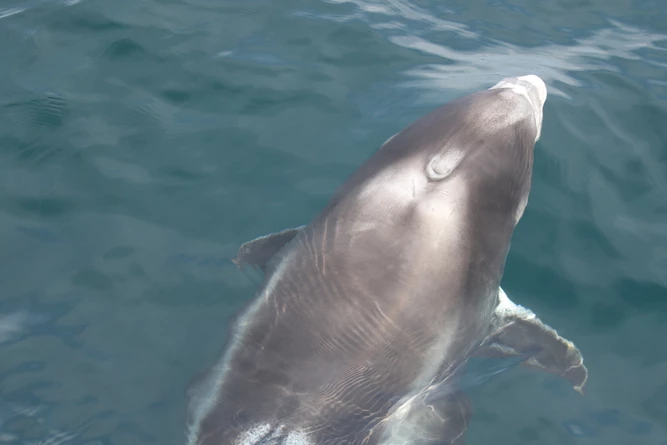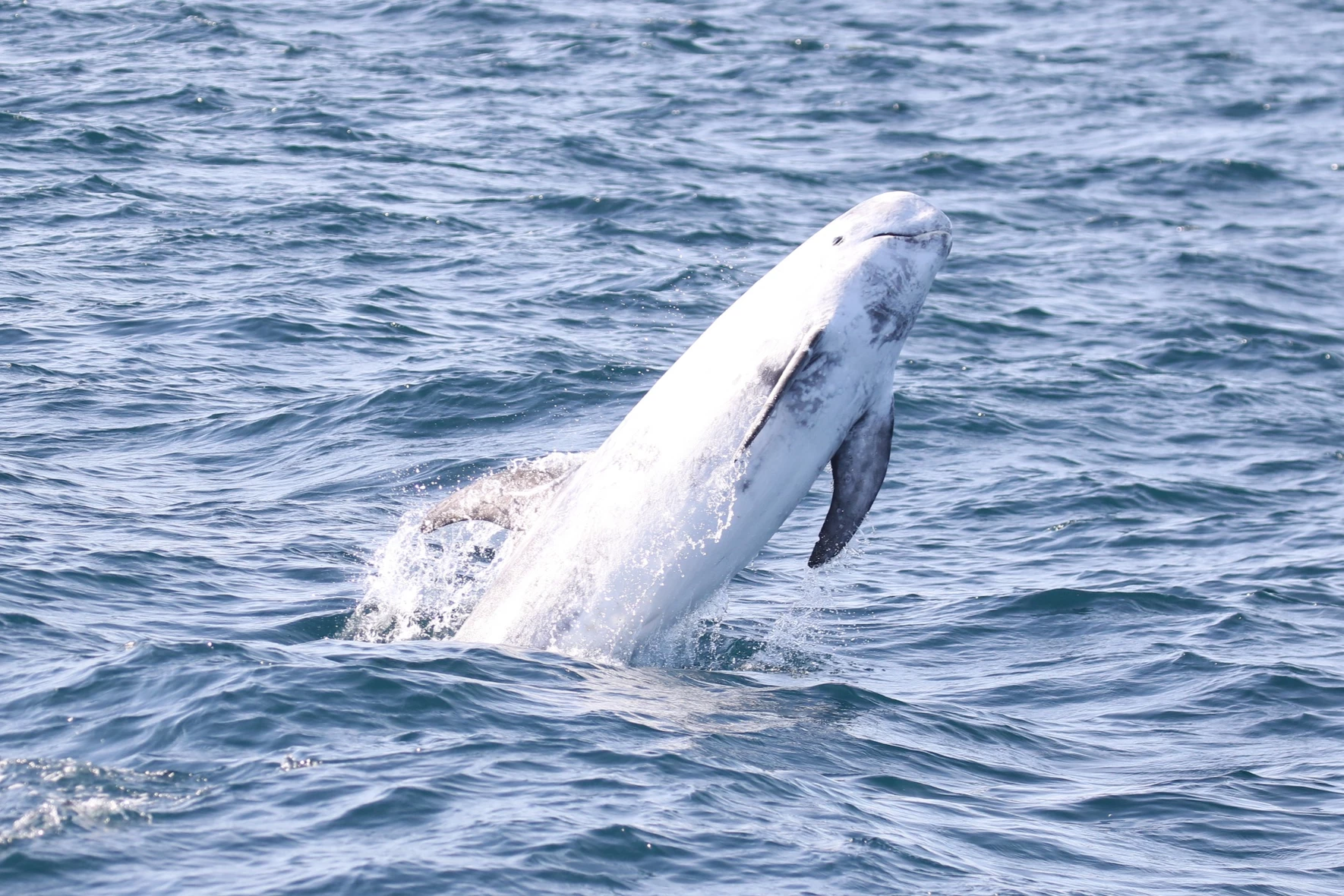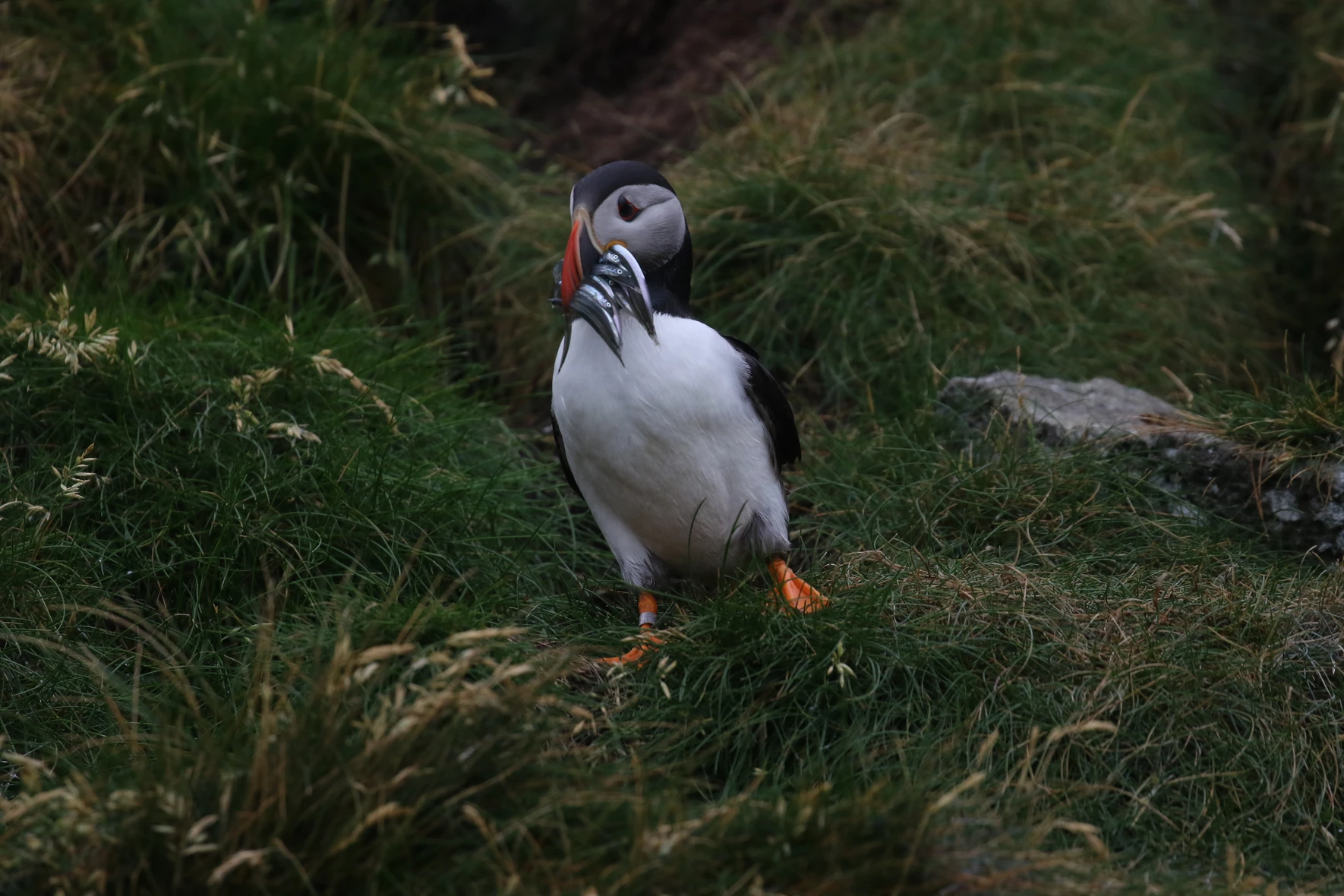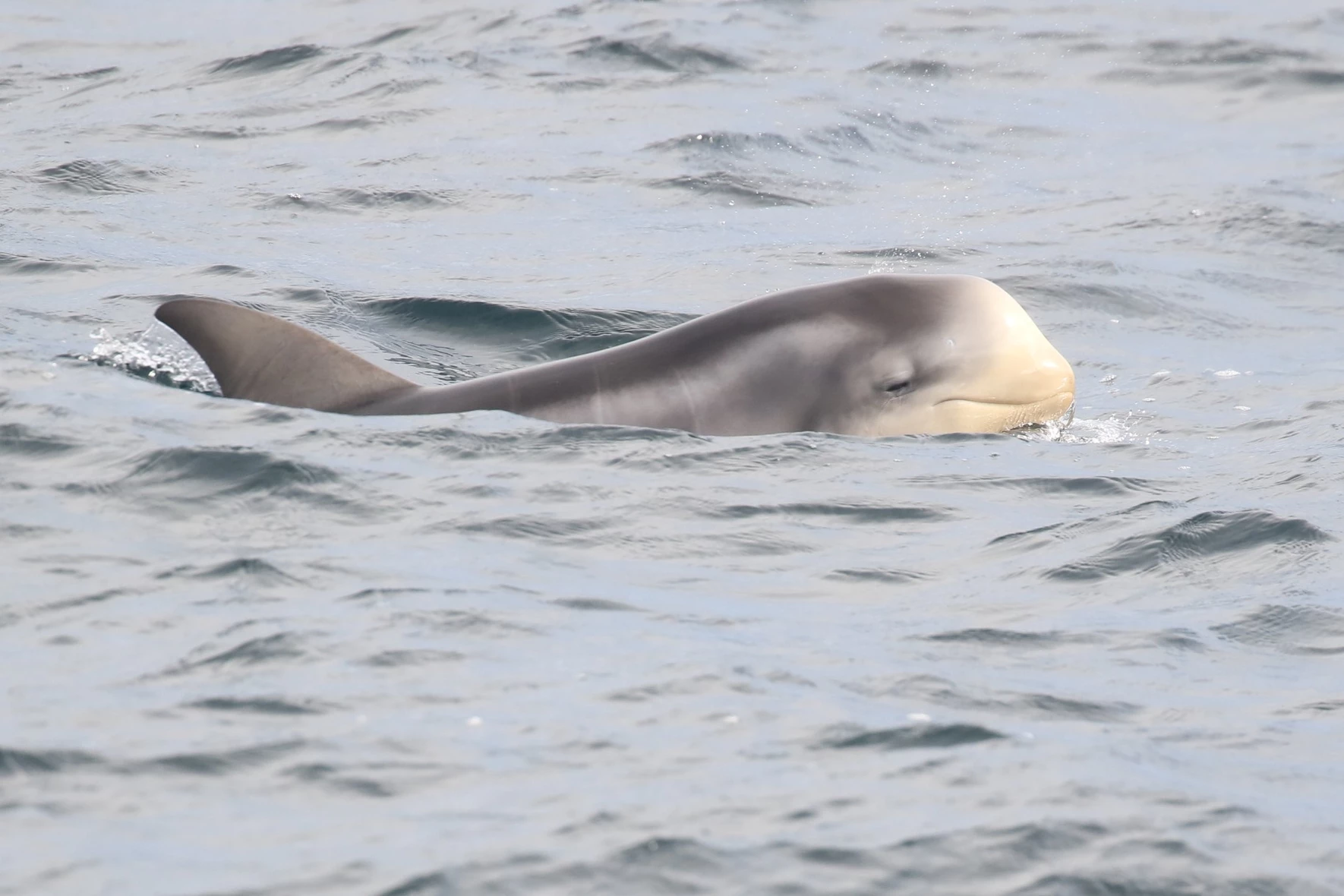The Season in review

Posted on Thu 7 Oct 2021 · by Muriel J. Hallé

Once the bait fish returned to the Minch the waters were finally full of life again. How wonderful to see some familiar Risso's return (ID'd by their fin markings) and see them traveling with new offspring. It is also truly remarkable how whales strictly follow their food source and are back almost to the day when the fish arrive. There obviously are whales in a bit early sometimes and some might stay longer than others, but the sight of 10+ Minke whales feeding and seeing them getting fatter and stronger is a delight for all observers.



During our prime season we had some amazing encounters with whales and dolphins alike. As for common dolphins it's quite usual that they would come close to the boat and play in our bow wave. Whereas Minke whales can be curious it usually only happens maybe 1 or 2 times a year that Minkes would come close. This season we had several close encounters that were totally on the whales terms.
Sometimes we get asked if weather affects the whales, as well as what they are doing and how active they are. There is not a clear "Yes" or "No" to this first question. It tends to affect their prey more than the whales themselves. Herring for example will tend to stay in deeper water on a really bright day and come up during dusk and dawn and sometimes the night hours, which means that whales therefore might also be more actively feeding during these times as well.
Why do we like calm bright days then? Well because weather affects us visually and whales are just easier to detect on calmer days. So while the whales might not be as active, they may just be easier to find for the human eye. So when we went out on one really foggy day, soon our passengers were a bit disheartened to look for whales. We knew that there were plenty of whales out there to be found, so what we did was stop the engine and use our senses of hearing and smell. Totally in awe, our guests couldn't believe the amount of whale blows we could hear around us. Out of the fog one became louder and louder, until we had a Minke rubbing it's back on our keel! It took turns swimming beside us and turning upside down! What a sight! We were all beyond happy and it showed that using our different senses, not just sight, can be very important to use if searching for whales.
On another day we sailed passed the Shiants and there we detected the somewhat rotten fish/oily smell of a Minke whale's breath. Guests were again delighted to find a whale using a sense they didn't think would help them finding a whale one day. As a guide it's these days that make working with whales and our guests so special and proves the point of using all your senses!